
Sustainable Fashion Glossary

Living a sustainable lifestyle can be hard enough, but the array of buzzwords used in marketing can leave us vulnerable to greenwashing and being misled.
That’s why we decided to create our very own Sustainable Fashion Glossary including some of the most important terminology to de-mystify sustainable fashion!
Biodegradable
Materials and dyes which are Biodegradable decompose after being discarded, meaning they naturally break down. In contrast, non-biodegradable materials take thousands of years to naturally decompose. One of the biggest problems is plastic bags, as they can have a fatal impact on ecosystems due to fish and birds mistaking shredded plastic for food.
Carbon Footprint
As Climate Change has become more of a pressing issue, the term Carbon Footprint is increasingly being used. But what does it actually mean? Carbon Footprint is defined as the amount of carbon dioxide released into the atmosphere, as a result of individual or organisations’ activities - which includes the energy required for manufacturing your clothes or the fuel used to drive your car. We work to reduce our overall Carbon Footprint by planting trees, which you can read more about in our blog post on Sustainable Tree Planting Initiatives.

Cruelty Free
In short, the term Cruelty Free means the product and its ingredient was not tested on animals. In response to animal testing, PETA have advocated for businesses, to sign their cruelty free statement of assurance, to verify all of their products will continue to be Cruelty Free. At Y.O.U Underwear, we're 100% cruelty-free and PETA-Approved Vegan.
Eco-Friendly
Perhaps one of the most self explanatory definitions, Eco-Friendly means earth or environmentally friendly. In practice, this refers to products and a mindset that helps conserve resources such as water, energy and even forests, whilst also preventing pollution and waste.
Ethical Fashion
The umbrella term of Ethical Fashion can be defined as garment design, production and distribution that focuses on reducing harm to people and the planet. Ethical Fashion Brands, including Y.O.U Underwear, intend to counter the impact of the Fast Fashion industry, by only using ethical manufacturers and materials, whilst also remaining committed to reduce waste and promoting ethical marketing.
Fairtrade
The term Fairtrade is often associated with only food products, but did you know your clothes can be Fairtrade too? Fairtrade products receive a certification, ensuring a set of standards are met in the production and supply of a product or ingredient. The Fairtrade certification also guarantees workers stable and good pay, fair rights and safe working conditions. As cotton is a crop, the same certification applies to clothing - including our organic cotton underwear!
Greenwashing
Many Fast Fashion brands are guilty for using Greenwashing marketing techniques. The term itself refers to the process of conveying a false impression or providing misleading information that the brands’ product is Eco-Friendly. In practice, Fast Fashion brands claim their products are manufactured using recycled materials or having a limited impact on the environment - the facts presented are often either false or exaggerated, both misleading consumers.
Organic
In the context of the fashion industry, the term Organic is usually associated with clothing, which has been produced with natural materials without the use of harmful pesticides and other artificial inputs. At Y.O.U Underwear, we are proud to only use organic cotton, in contrast to conventional cotton which is incredibly harmful to the atmosphere, water and soil, with the added benefit that organic cotton is actually better for your health too!
Plastic-Free
The term Plastic-Free literally means free from plastic! But how does this work in practice? Living a Plastic-Free lifestyle can be hard, but it's not impossible by avoiding the consumption of single use plastic, buying reusable plastic substitutes and recycling where possible!
Slow Fashion
In simple terms, Slow Fashion is the opposite to Fast Fashion, which seeks for its consumers to purchase higher quality garments that will last longer, preventing the requirement to buy more clothing. At the same time, the Slow Fashion Industry advocates for garments to be manufactured consciously, whilst holding the well-being of people and our planet at the core of its values.
Sustainable
The term Sustainable can be defined as a mindset or lifestyle that prioritises the use of renewable and natural resources, which will not compromise the lives of future generations. Whilst the environment is often most associated with Sustainability, it also refers to protecting the future of both economic and social resources.
Upcycling
The process of Upcycling can be referred to as the creative reuse of items that no longer fit their original purpose. Instead of discarding the item, Upcycling techniques can be applied to give the item a new lease of life! This can include anything from mending visible holes with a needle and thread to giving an old piece of furniture a new lick of paint!
Zero-Waste
The term Zero-Waste can be defined simply as avoiding any waste from heading to a landfill. In practice, this can be achieved with Upcycling techniques to provide an item a new lease of life, whilst also only purchasing items that have been designed with the intention of protecting our planet.

If you enjoyed reading this post, why not check out?
5 Tips for Zero-Waste Living
Sustainable Fashion - Oxymoron or Inevitability?
10 Fast Fashion Facts You Need to Know
By Isabella Richardson
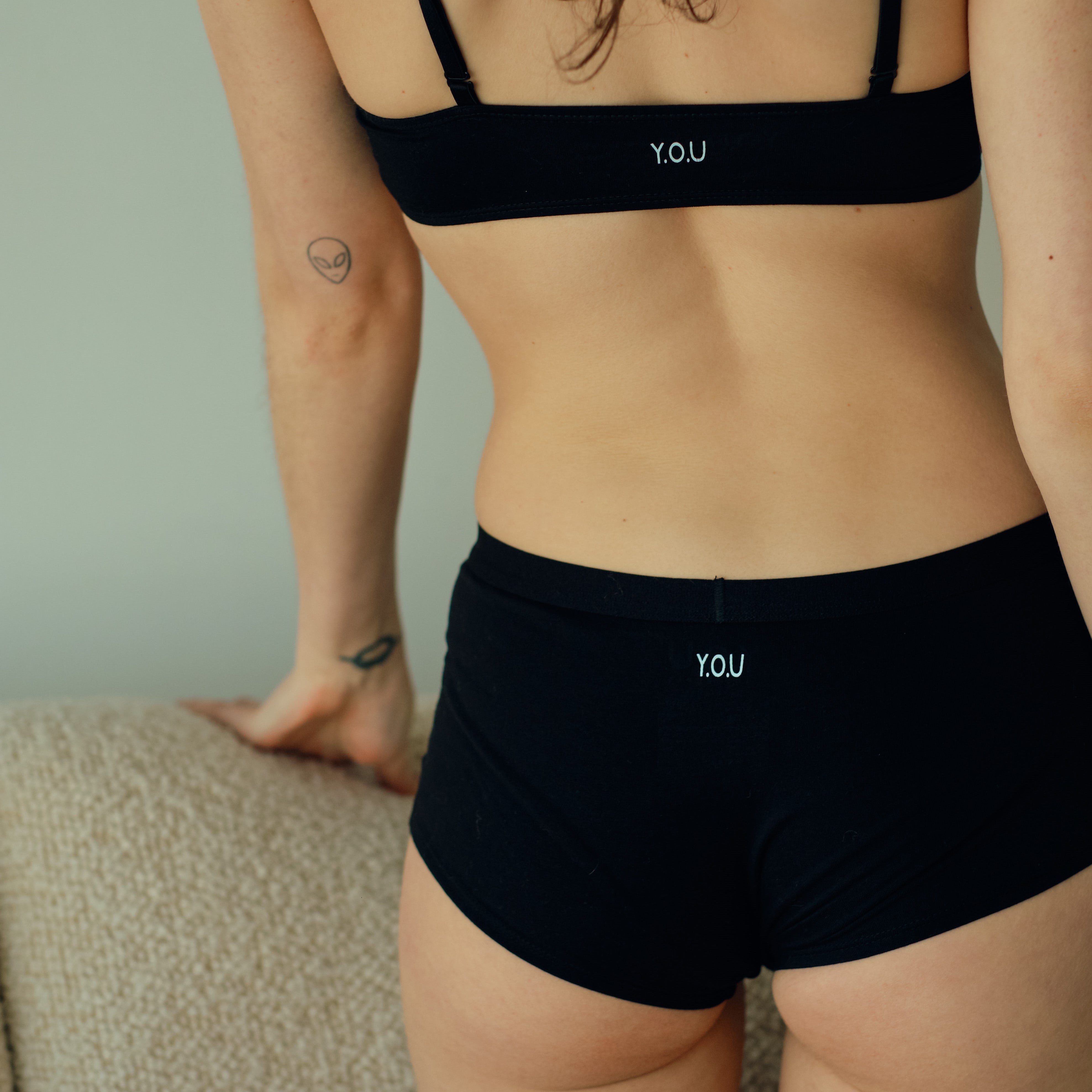
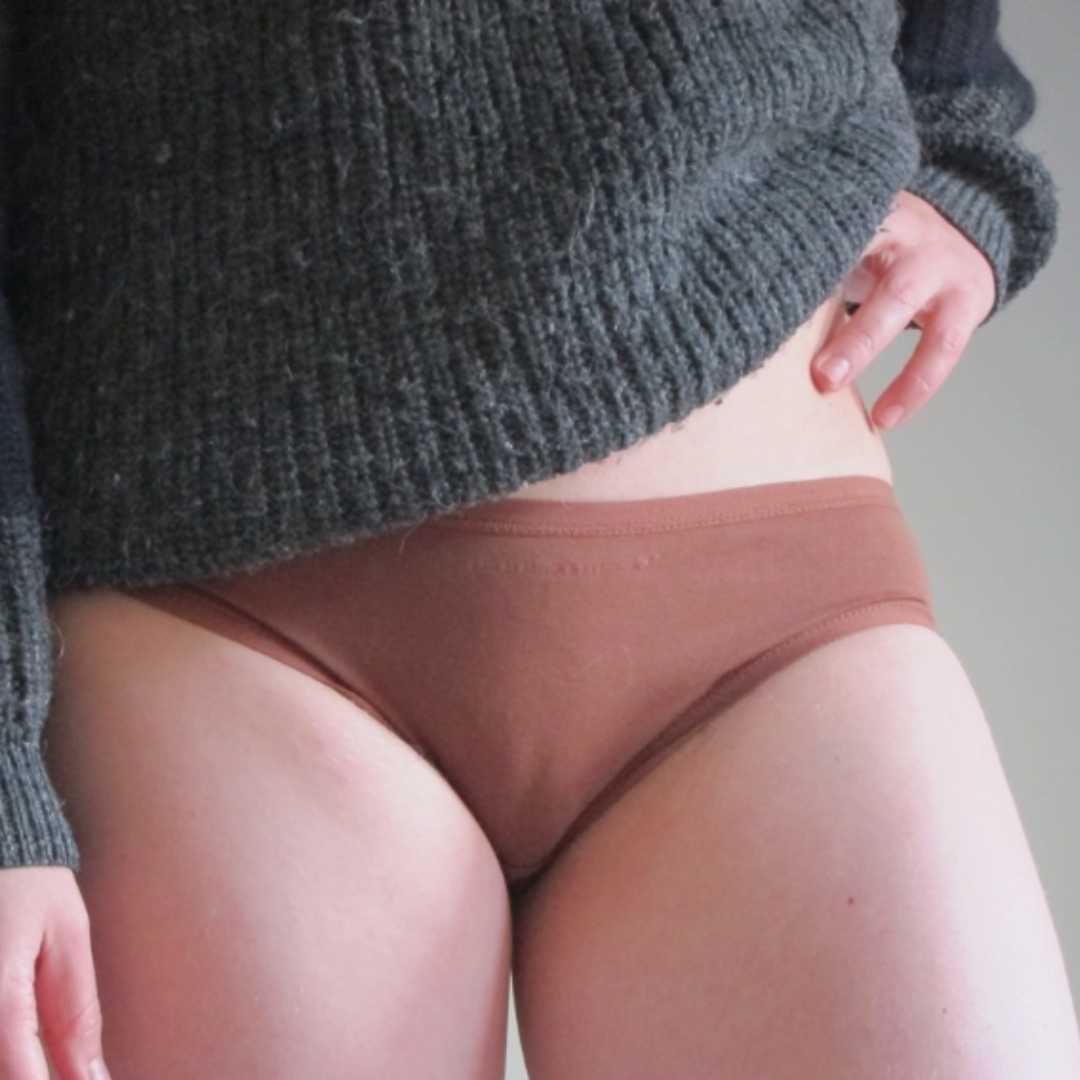


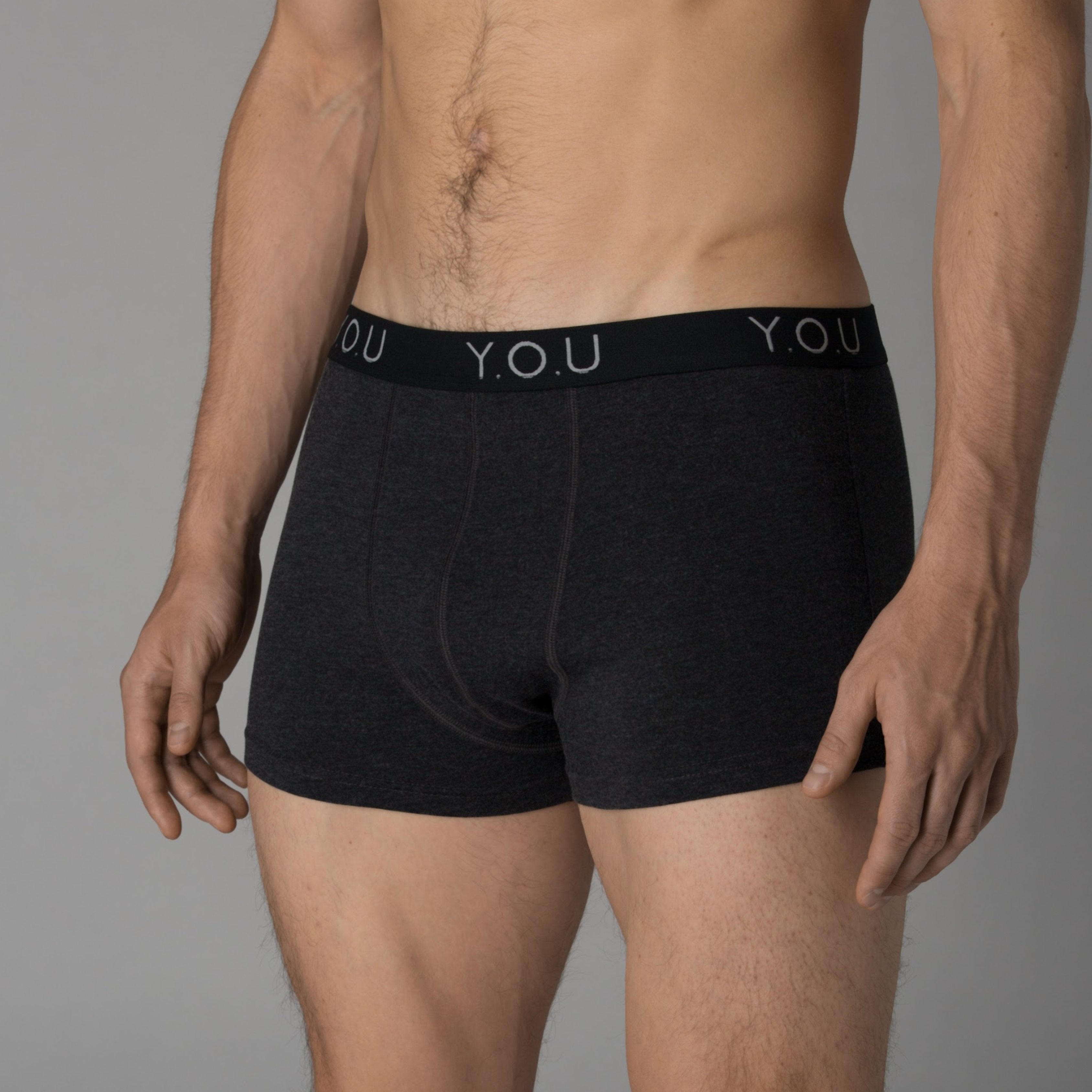
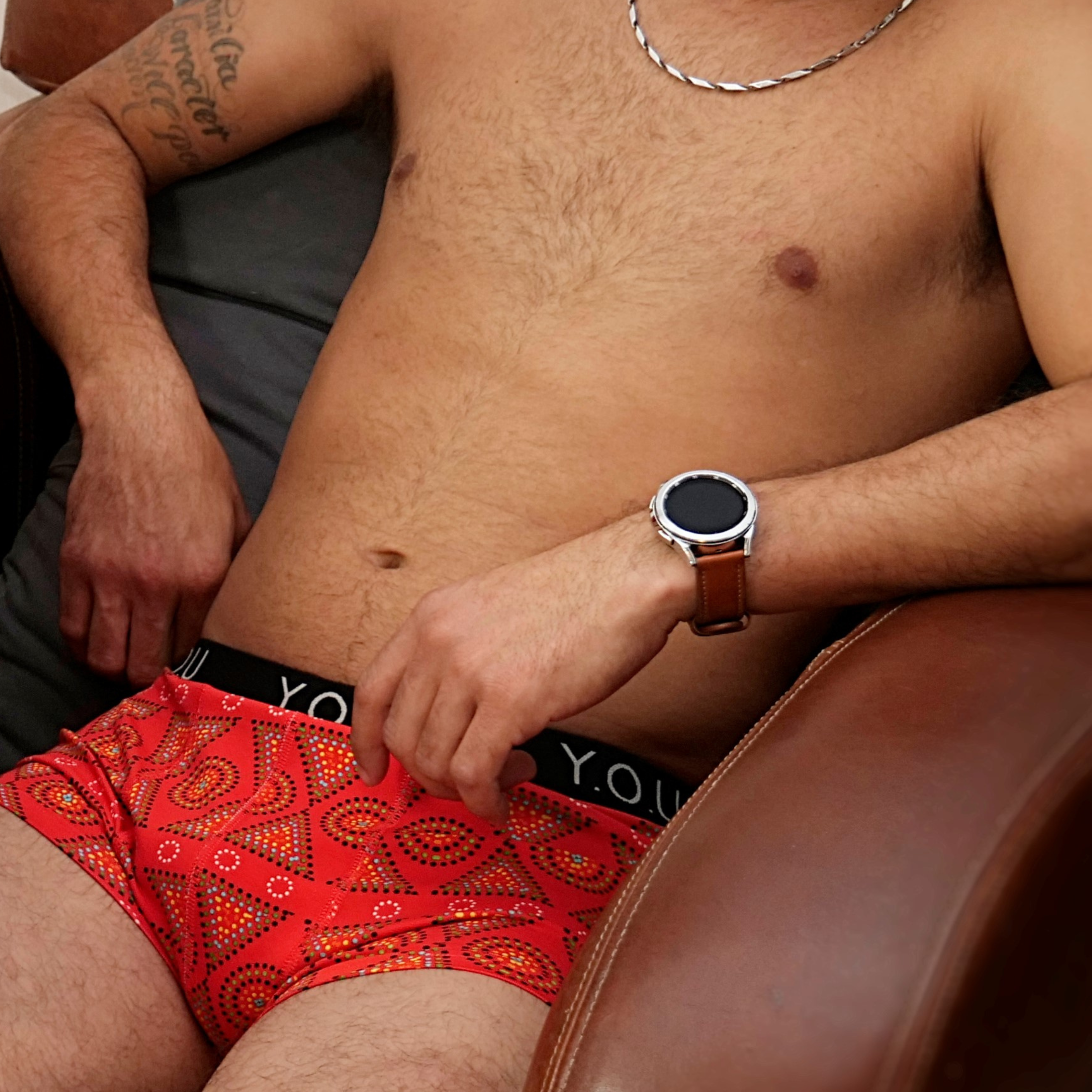




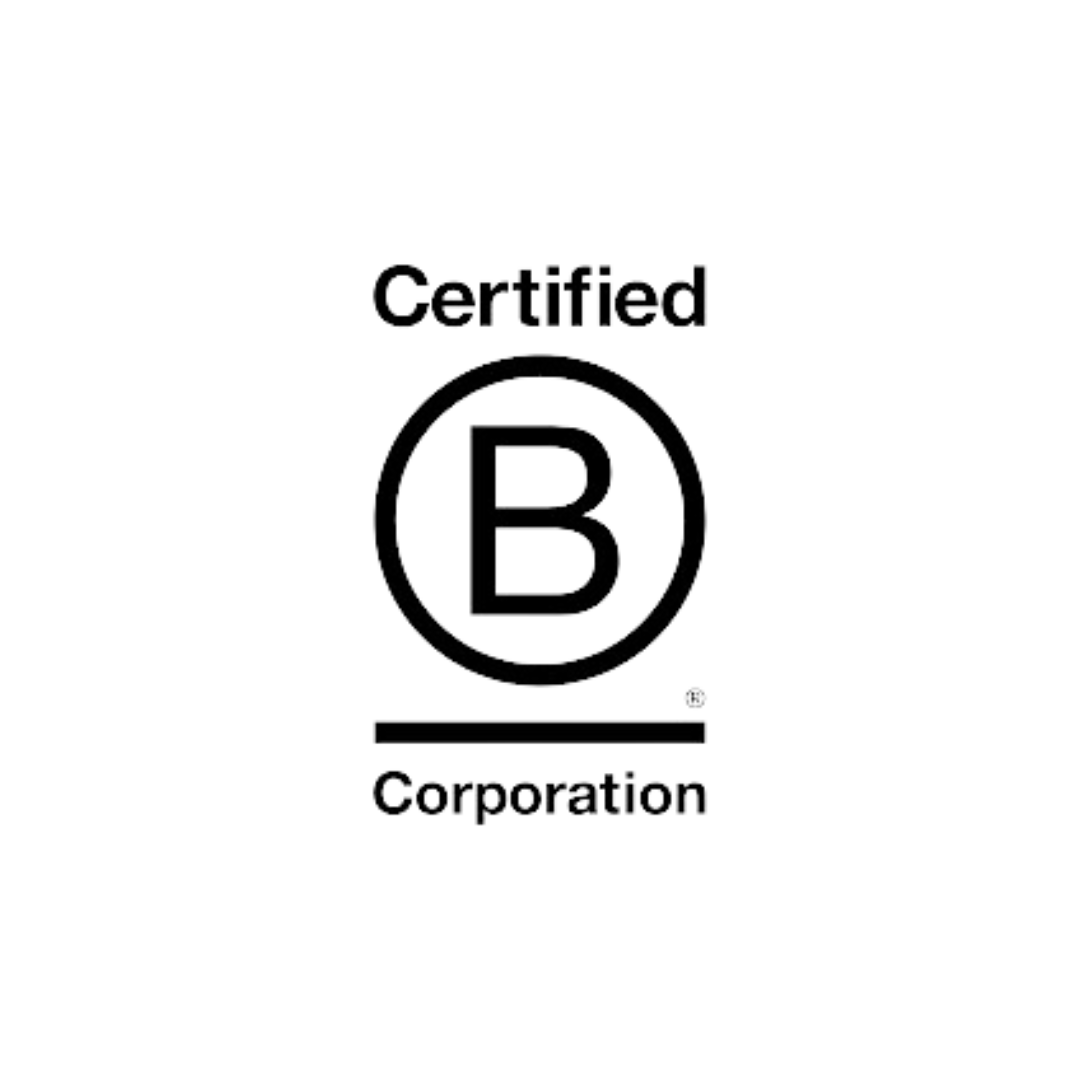
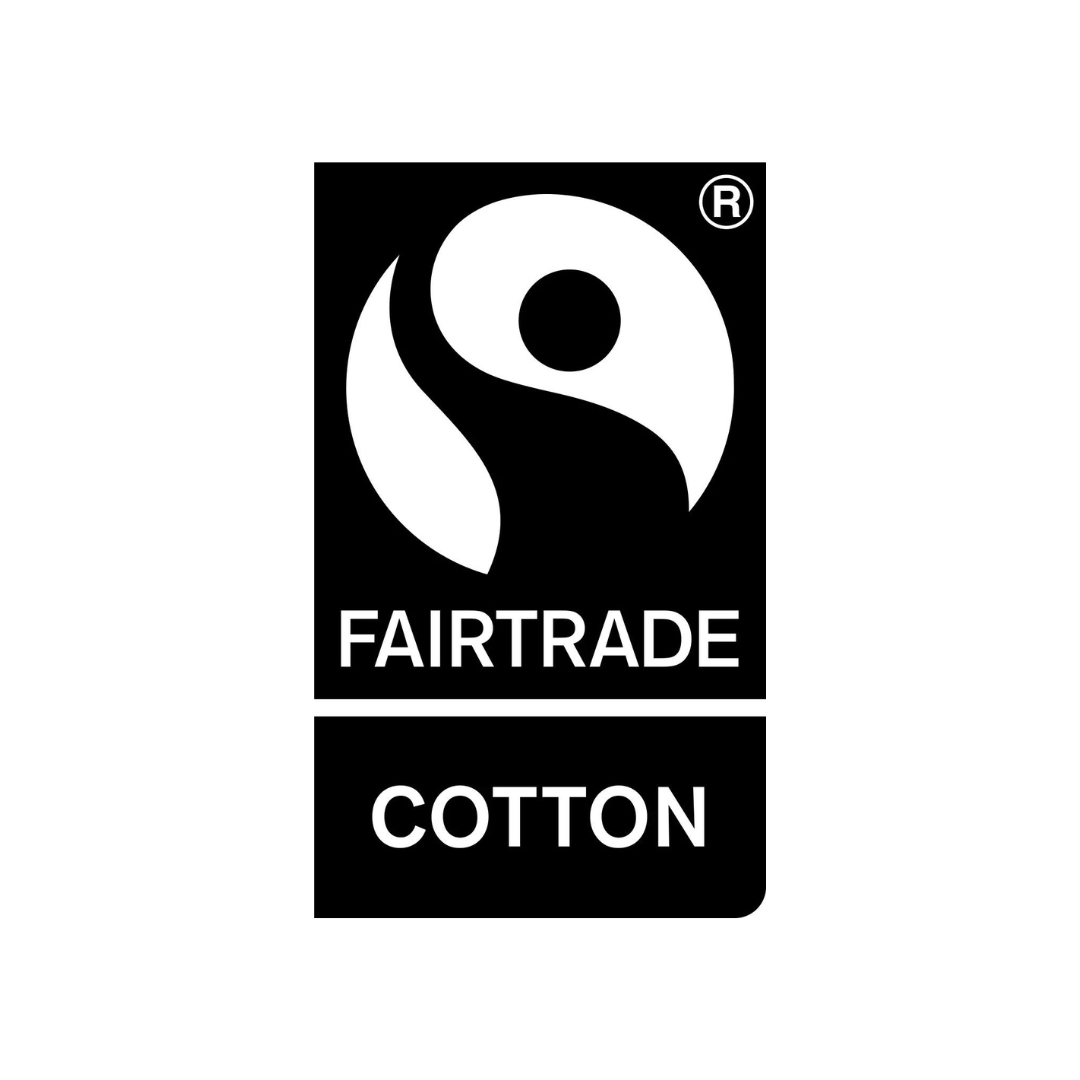
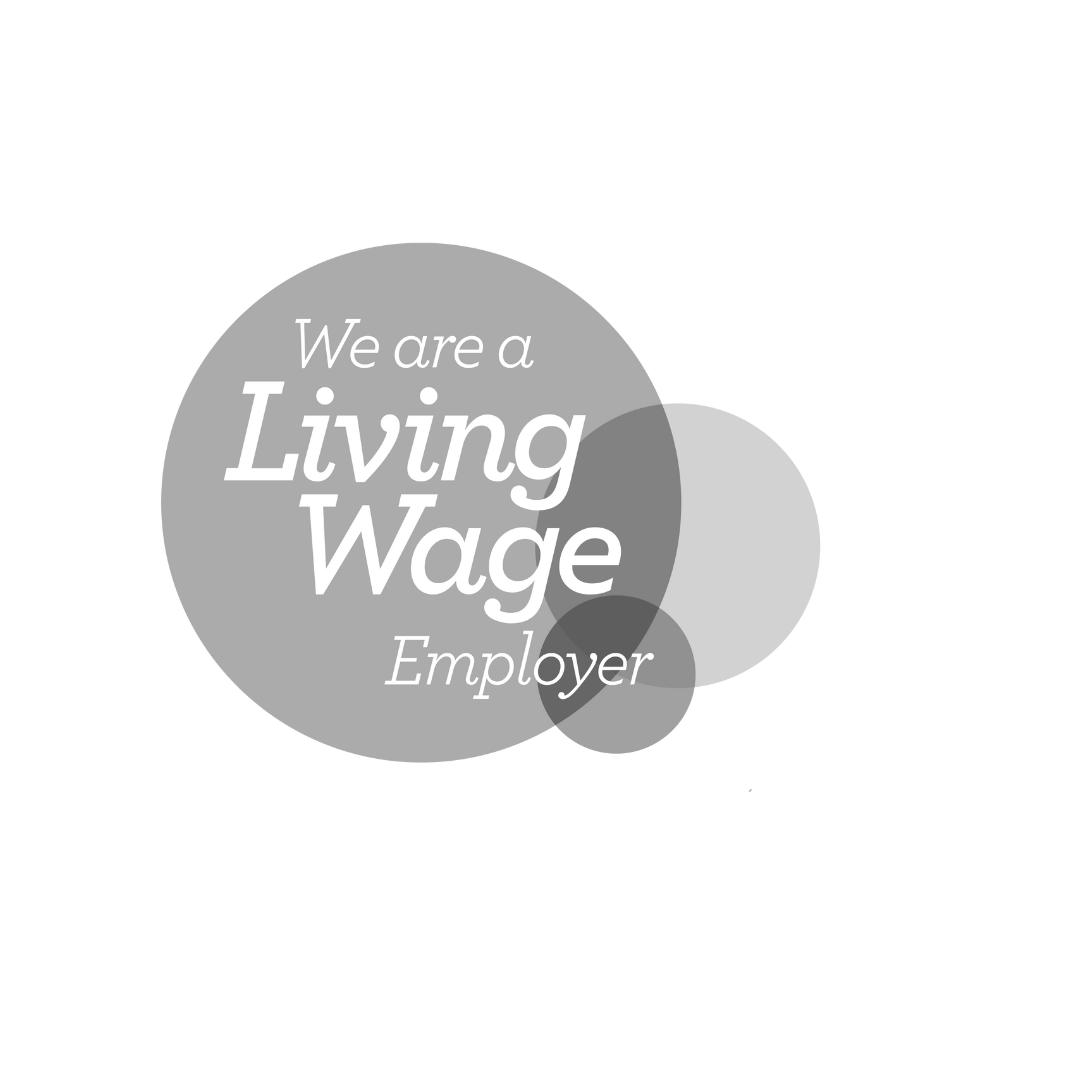
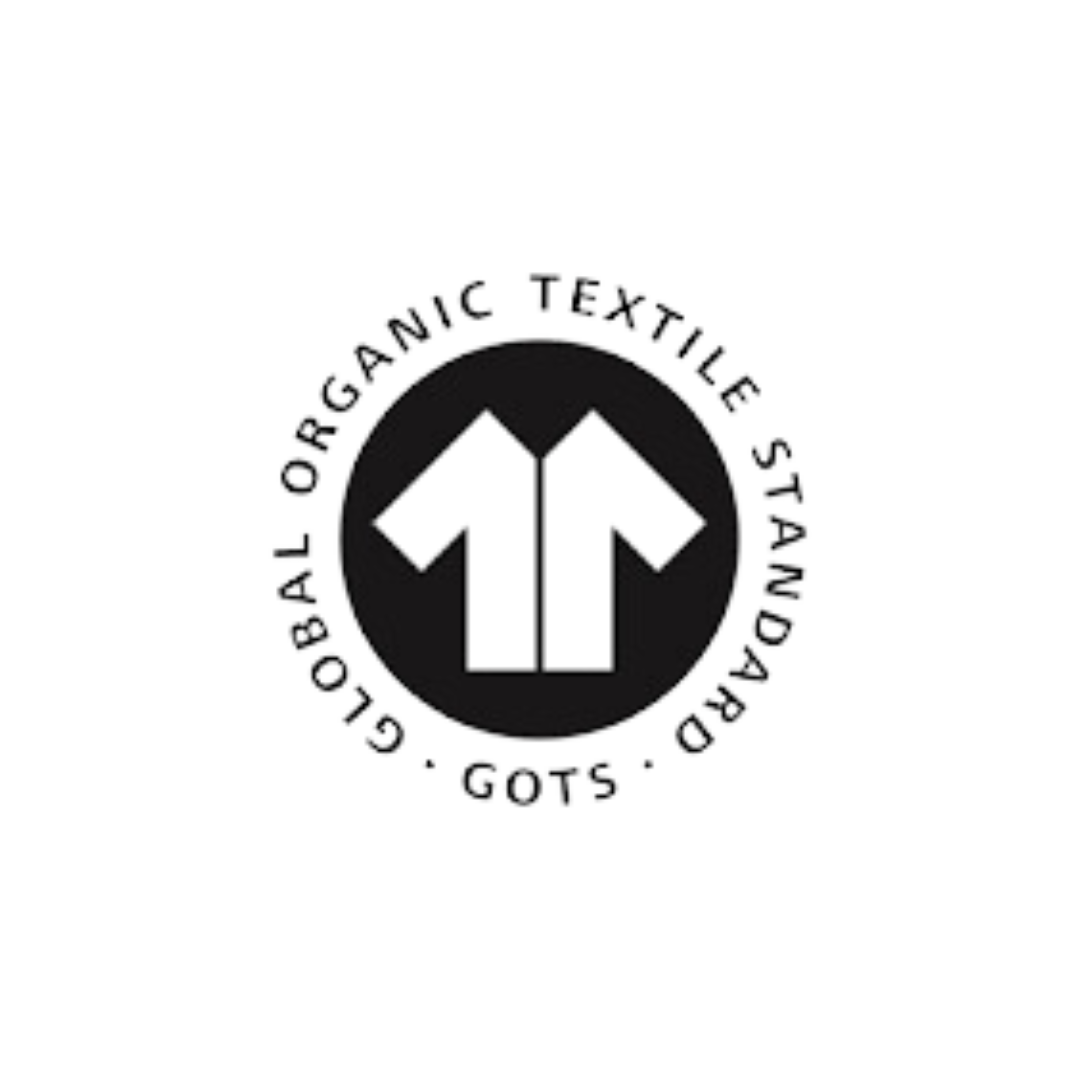
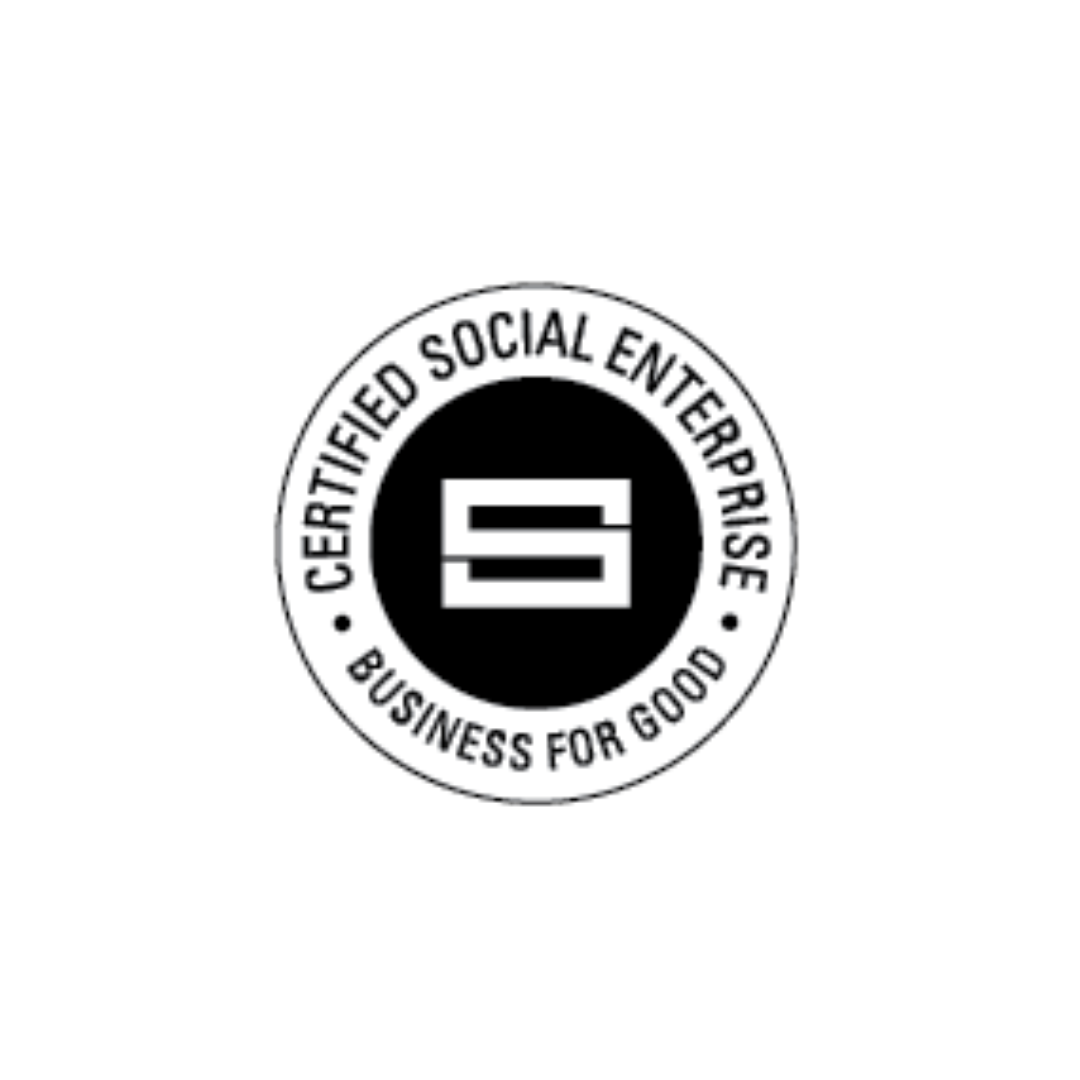
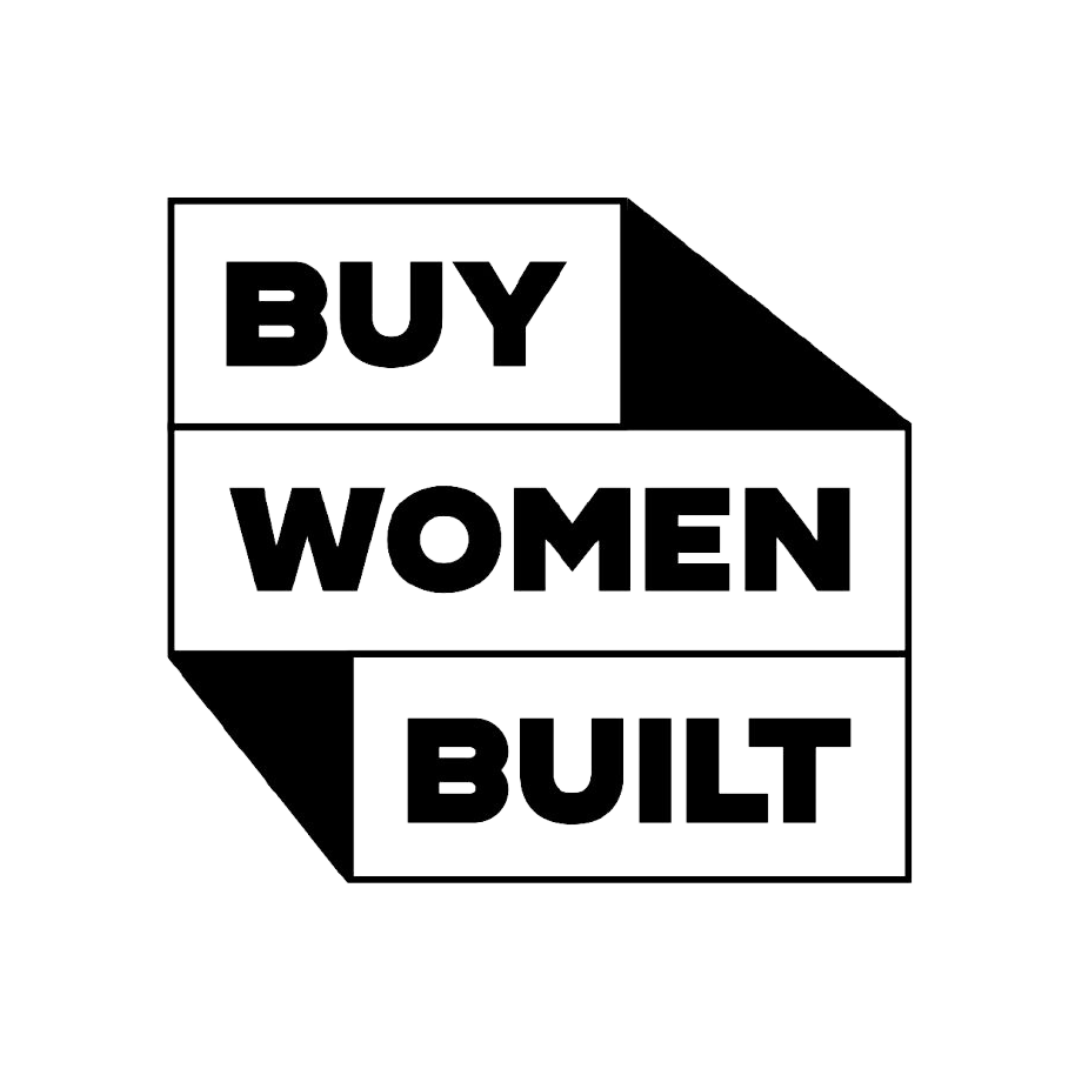
Leave a comment
This site is protected by hCaptcha and the hCaptcha Privacy Policy and Terms of Service apply.